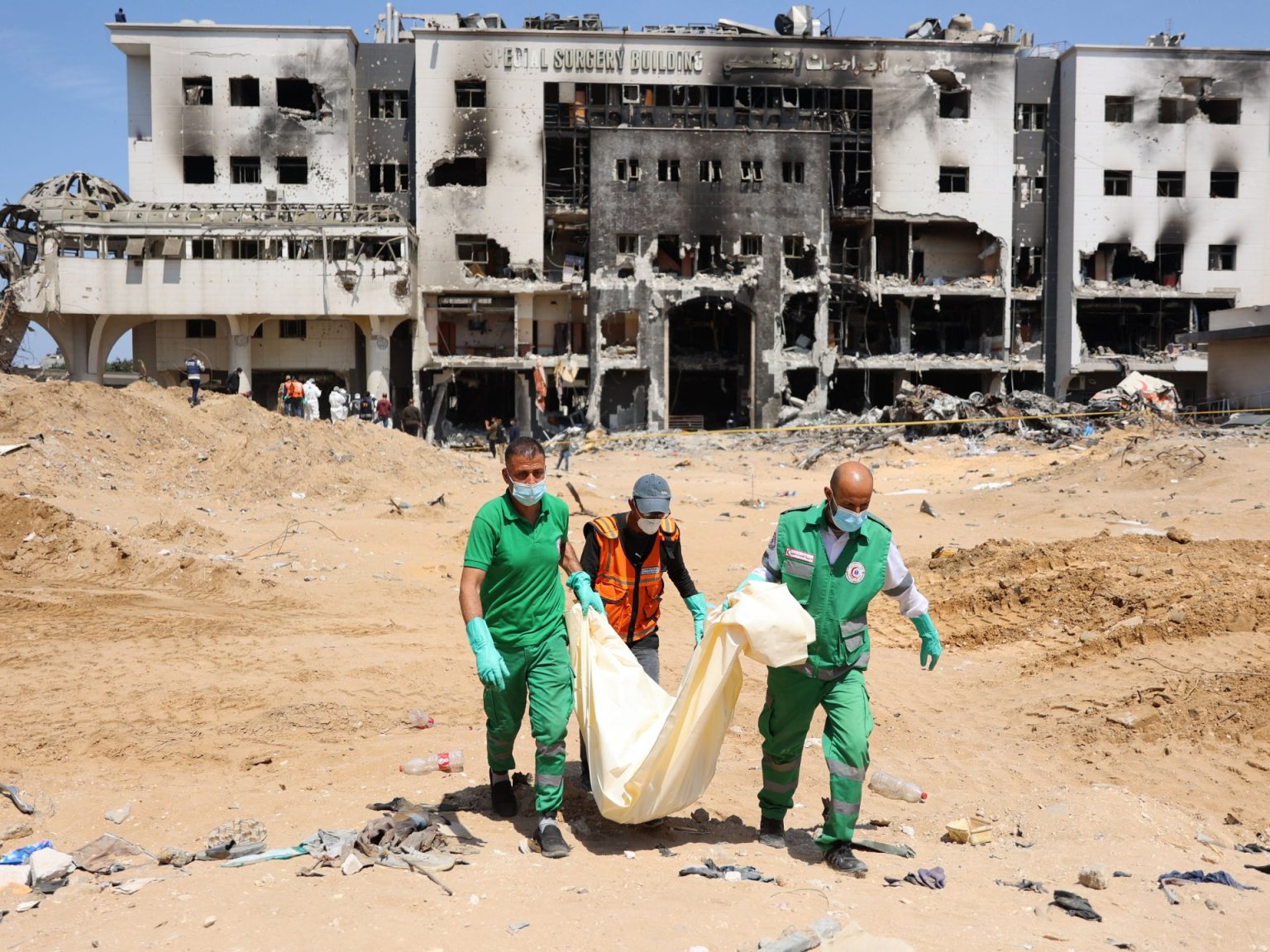The violent upheaval in Khartoum has forced many Sudanese people to flee for safety, impacting the capital’s healthcare system. Attacks on medical facilities have led to a shortage of drugs, making it difficult for chronically ill patients to access necessary medications. This situation is not unique to Sudan, as healthcare facilities in Gaza, the Democratic Republic of the Congo, Ukraine, and Pakistan have also been targeted, resulting in the deaths and injuries of patients, health workers, and civilians. The World Health Organization (WHO) has condemned these attacks and called for the protection of health workers in humanitarian settings and beyond.
Despite repeated calls for the protection and respect of health workers in conflict zones, attacks on healthcare facilities and personnel continue to occur. WHO recorded 1,520 attacks on healthcare in 2023 alone, resulting in the deaths of at least 750 patients and health workers, with over 1,250 injuries. These numbers likely underestimate the true scale of the problem. High numbers of attacks have been reported in Gaza, where more than 500 medical personnel have been killed since October. The loss of aid workers, including those from UNRWA and WHO, has had a devastating impact on communities affected by conflict.
World Humanitarian Day on August 19 serves as a reminder of the dangers faced by aid workers and health personnel working in humanitarian settings. Attacks on health facilities not only have legal implications, but also interfere with the distribution of health supplies and essential services, leading to preventable deaths and increased suffering. Beyond providing healthcare, these facilities also offer refuge and contribute to collective welfare in communities. WHO recognizes the importance of protecting humanitarian workers to uphold principles of compassion and solidarity.
The WHO Constitution emphasizes that the health of all peoples is fundamental to peace and security, and requires cooperation at both individual and state levels. The loss of humanitarian workers to armed violence is felt deeply within the organization, underscoring the dedication of those working in challenging humanitarian settings. By safeguarding humanitarians, WHO aims to create a more humane world and ensure the delivery of essential healthcare services to those in need. World Humanitarian Day serves as a reminder of the important work being done to protect and support those working in humanitarian settings around the world.
The author’s views expressed in the article do not necessarily reflect Al Jazeera’s editorial stance, but highlight the urgent need to address the intensifying attacks on aid workers and healthcare facilities worldwide. By condemning violence against humanitarian workers and taking collective action to protect them, countries can ensure full protection for those who risk their lives to save others. World Humanitarian Day reaffirms the commitment to protecting everyone, everywhere, and upholding the principles of compassion and solidarity in the face of escalating violence in humanitarian settings.


